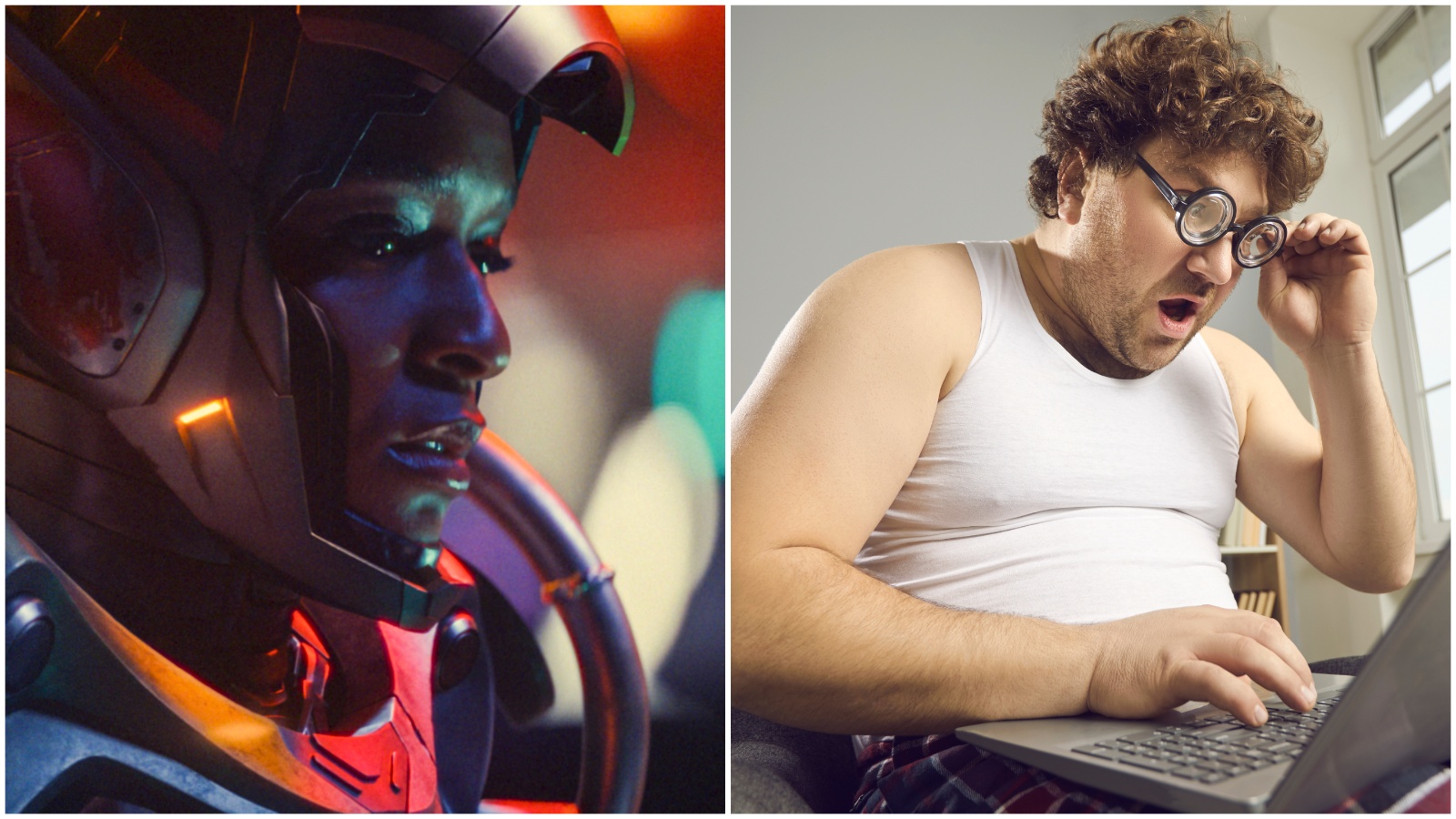Ironheart Review Bombing Confirms What Online Trolls Are Really About

'Ironheart' Faces Online Backlash: Review Bombing Highlights Ongoing Issues of Representation in Superhero Media
The recently released Disney+ series, 'Ironheart,' starring Dominique Thorne as Riri Williams, a young, Black, female genius who creates her own Iron Man-inspired suit, has become the target of coordinated online review bombing. This backlash, occurring even before the series was widely available to viewers, underscores the persistent challenges of representation and inclusivity within the superhero genre and its fandom.
Early Criticism and Audience Score Discrepancies
Prior to its official release, 'Ironheart' faced a barrage of negative reviews, resulting in a significantly low audience score on platforms like Rotten Tomatoes. This discrepancy between critical reviews and audience reception raises concerns about the motivations behind the negative feedback, suggesting a potential bias against the show's diverse cast and themes. The series, which premiered its first three episodes recently, features Anthony Ramos alongside Thorne, and is created by writer Brian Michael Bendis and artist Mike Deodato, with Chinaka Hodge serving as head writer.
Examining the Roots of the Backlash
The phenomenon of review bombing is not new to the entertainment industry, particularly within franchises like Star Wars and Marvel, where vocal segments of the fanbase have expressed discontent over perceived deviations from established lore or the inclusion of diverse characters. Some critics argue that these campaigns often mask underlying prejudices and resistance to change within traditionally white male-dominated narratives.
Expert Analysis: A Shifting Landscape of Representation
Dr. Anya Sharma, a professor of Media Studies at the University of California, Berkeley, specializing in representation in superhero media, notes, "The review bombing of 'Ironheart' is unfortunately part of a larger pattern. While there's a growing demand for diverse stories and characters, there remains a segment of the audience that actively resists these changes. They often frame their criticisms as concerns about 'authenticity' or 'forced diversity,' but these arguments often serve as a smokescreen for deeper-seated biases."
Historical Context: Representation in Superhero Comics and Film
The history of superhero comics and film has been marked by a gradual but persistent effort to increase representation. While characters of color and female heroes have existed for decades, they have often been relegated to supporting roles or faced stereotypical portrayals. The success of films like 'Black Panther' and 'Captain Marvel' demonstrated the audience appetite for diverse superhero stories, but also triggered backlash from some who felt that these films were prioritizing diversity over traditional narratives.
Marvel's Ongoing Efforts and Future Challenges
Marvel Studios has made a concerted effort to introduce more diverse characters and storylines into the Marvel Cinematic Universe (MCU), including the introduction of Ms. Marvel (Kamala Khan), Shang-Chi, and now Ironheart (Riri Williams). However, these efforts have been met with varying degrees of acceptance, and the 'Ironheart' review bombing serves as a reminder of the challenges that remain in achieving true inclusivity and representation within the superhero genre.
The Impact of Online Trolling and Review Bombing
The impact of online trolling and review bombing extends beyond audience scores and critical reception. These coordinated campaigns can discourage creators from taking risks and exploring diverse stories, potentially stifling innovation and limiting opportunities for underrepresented voices. Furthermore, they can create a hostile environment for actors and creators of color, leading to online harassment and abuse.
Moving Forward: Fostering Inclusive Dialogue and Critical Engagement
Addressing the issue of review bombing and online harassment requires a multi-faceted approach. Platforms like Rotten Tomatoes and IMDb need to implement more robust moderation policies to identify and remove fake or biased reviews. Furthermore, it is crucial to foster open and respectful dialogue about representation and inclusivity within the superhero fandom. Critics and fans alike need to engage with these issues critically, recognizing the importance of diverse perspectives and challenging harmful stereotypes.
Expert Analysis: The Role of Media Literacy
“Media literacy is key,” argues Dr. David Chen, a communications professor at Northwestern University. “Understanding how online platforms can be manipulated and recognizing the signs of coordinated campaigns are essential skills in today’s digital landscape. By educating audiences about these tactics, we can empower them to make informed judgments and resist the influence of biased or malicious reviews.”
The controversy surrounding 'Ironheart' highlights the ongoing tension between the desire for greater representation in superhero media and the resistance from some who cling to traditional narratives. As the MCU continues to expand and diversify, it is crucial to address these challenges head-on and create a more inclusive and welcoming environment for all fans and creators.
Originally sourced from: Movie
